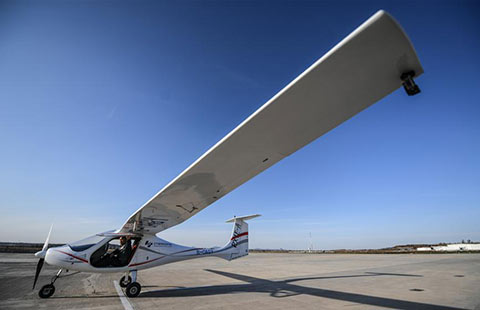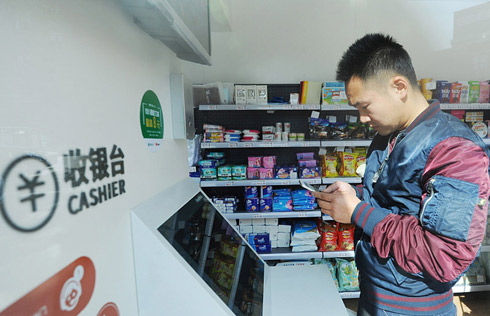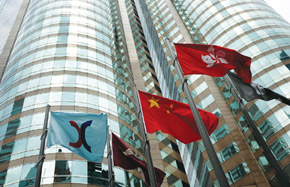Accelerate paperless trade measures as development engine: UN report
GENEVA — Reducing trade costs is essential for countries to effectively harness trade as an engine for growth and sustainable development, a United Nations report said Friday.
The UN Economic Commission for Europe (UNECE), along with the other regional commissions, for Africa (ECA), Asia and the Pacific (ESCAP), Latin America and the Caribbean (ECLAC) and Western Asia (ESCWA), said in their report that to accomplish such a growth engine is by tackling non-tariff sources of trade costs and addressing cumbersome regulatory procedures and documentation requirements.
"Indeed, trade facilitation (the simplification and harmonization of import, export and transit procedures) includes paperless trade," said the report.
Paperless trade is the use and exchange of electronic data and documents to support the trade transaction process.
The report noted that this has taken on increasing importance as evidenced by the World Trade Organization Trade Facilitation Agreement (TFA) which entered into force in February 2017.
The results of the report are based on data from 120 countries worldwide. It shows the global average implementation rate of the set of trade facilitation and paperless trade measures considered in the survey is about 60 percent.
It notes that top performers such as the Netherlands (93.6 percent), Singapore (90.3 percent), the Republic of Korea (89.2 percent) and China (84.9) have maintained their momentum.
The report shows that being a small or less developed country is not necessarily associated with poor trade facilitation performance.
In fact, more than 40 economies with GDP per capita of less than $10,000, achieve implementation rates higher than 50 percent, said the report.


















